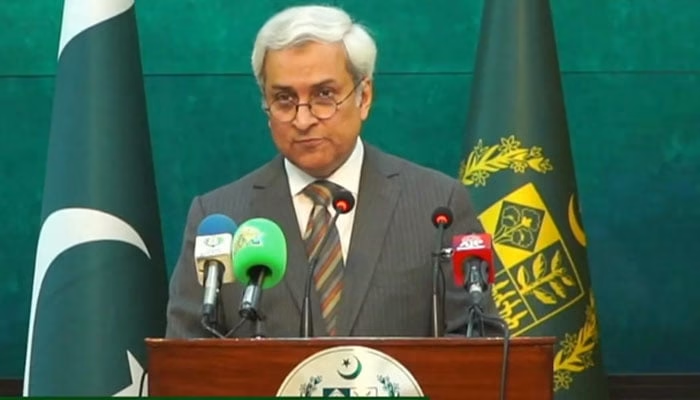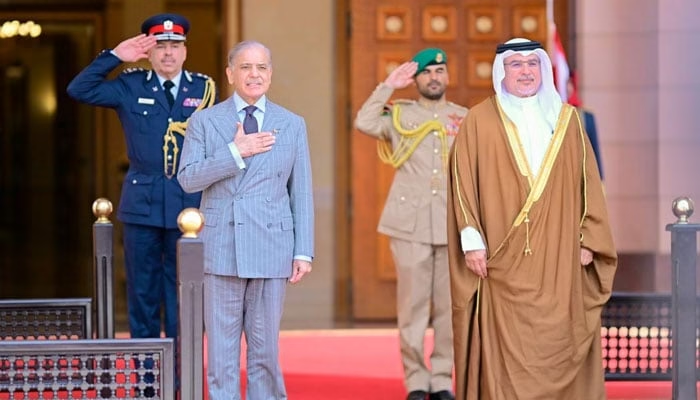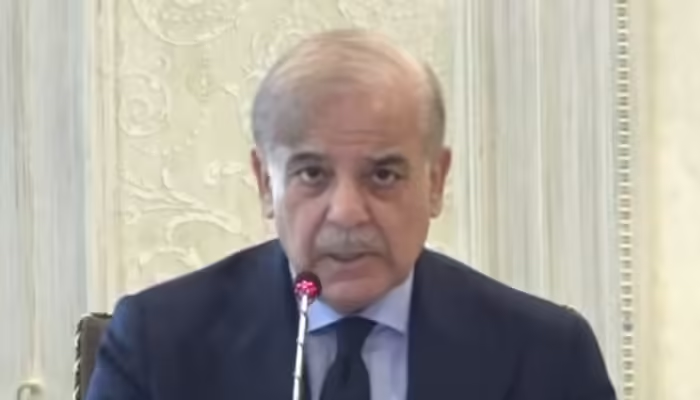The Afghan Taliban and TTP talks have entered a sensitive phase, with Pakistan confirming that the Taliban regime in Kabul has acknowledged the presence of the banned Tehreek-e-Taliban Pakistan (TTP) and other militant groups operating within Afghanistan. This development came during the latest round of high-level discussions held in Istanbul, aimed at ensuring regional peace and addressing cross-border terrorism.
Taliban Admit TTP’s Presence in Afghanistan
According to Foreign Office spokesperson Tahir Hussain Andrabi, Afghan officials conceded that elements of the TTP and other terrorist organisations are indeed present on Afghan territory. This acknowledgment came as a significant moment in the Afghan Taliban and TTP talks, reinforcing Pakistan’s long-standing security concerns about cross-border militant activities.
During his weekly press briefing, Andrabi said that Afghan representatives offered various justifications for not taking direct action against these groups. He added that Pakistan views this as a major obstacle to lasting peace and stability between the two neighbouring countries.
Details of the Istanbul Talks
The Istanbul dialogue, held from October 25 to 30 under the mediation of Turkiye and Qatar, saw participation from key stakeholders on both sides. Andrabi highlighted that all relevant Pakistani institutions were represented in the discussions. The dialogue focused on terrorism, border management, and the continuation of the existing ceasefire.
“These are complex and sensitive negotiations that require patience and composure,” said the spokesperson, emphasizing the need for quiet diplomacy. He confirmed that the next round of the Afghan Taliban and TTP talks will be held on November 6, where more comprehensive details and progress updates are expected to be shared.
Pakistan’s Position and Security Concerns
Andrabi stated that the continued presence of terrorist groups inside Afghanistan remains a serious concern for Pakistan’s national security. He stressed that the border would remain closed until a satisfactory security assessment is reached. This move, he explained, was a necessary measure to safeguard Pakistani citizens from cross-border attacks.
He also clarified that the Istanbul dialogue’s joint statement, released by Turkiye’s Foreign Ministry, was only an introductory summary and did not reveal the full scope of discussions. The matter of written assurances is part of an ongoing process, and a clearer picture will emerge in the next round,Andrabi noted.
Government Unity on Policy Decisions
Addressing speculation about internal disagreements, the spokesperson confirmed that there is no division within the Pakistani government regarding the Afghan Taliban and TTP talks. He explained that all major decisions related to national security and foreign policy are made collectively, under the guidance of the prime minister.
Deputy Prime Minister Ishaq Dar and the foreign secretary were fully engaged throughout the process, he said. The government stands united in its approach to achieving peace and stability in the region.
Ceasefire Agreement and Monitoring Mechanism
A key outcome of the Istanbul meeting was the reaffirmation of the ongoing ceasefire between Pakistan and the Afghan Taliban. Both sides agreed to maintain the truce while finalizing a monitoring and verification mechanism. This system will ensure that both parties adhere to the ceasefire and that any violations are penalized.
The ceasefire remains intact, and we have noted the assurances provided by the Afghan side,Andrabi stated. He expressed hope that the ceasefire agreement would be fully implemented to prevent further escalation.
The proposed monitoring mechanism will be reviewed in the next round of talks, where higher-level representation from both sides is expected. However, Pakistan has not yet decided who will lead its delegation for the upcoming phase.
Regional Mediation and International Role
The involvement of Turkiye and Qatar in mediating the Afghan Taliban and TTP talks underscores the growing international interest in stabilizing the region. Both nations have played an active diplomatic role, urging Afghanistan and Pakistan to cooperate against militant threats that could affect broader regional security.
The joint statement released after the Istanbul talks reflected this commitment, noting that both sides agreed to establish mechanisms that promote peace and penalize violations. Analysts believe that continued mediation by neutral partners could help both countries find common ground and build trust.
Hopes for Stability
Pakistan remains cautiously optimistic about the outcome of the Afghan Taliban and TTP talks. Officials believe that Kabul’s acknowledgment of the TTP’s presence is a step in the right direction but stress the need for concrete action. The upcoming November 6 meeting will be critical in determining how both sides move forward on counter-terrorism cooperation.
Foreign policy experts suggest that mutual understanding and regional partnerships are essential to breaking the cycle of violence. With both sides reaffirming their commitment to dialogue, there is hope that these discussions could pave the way for long-term stability in the region.
The Afghan Taliban and TTP talks represent a crucial step in addressing one of South Asia’s most persistent security challenges. Pakistan’s confirmation that the Taliban regime has admitted the presence of militant groups on Afghan soil marks a turning point in regional diplomacy. As both nations prepare for the next phase of negotiations, the focus will remain on ensuring that words are matched with action—so that peace, stability, and cooperation can finally take root along their shared border.



